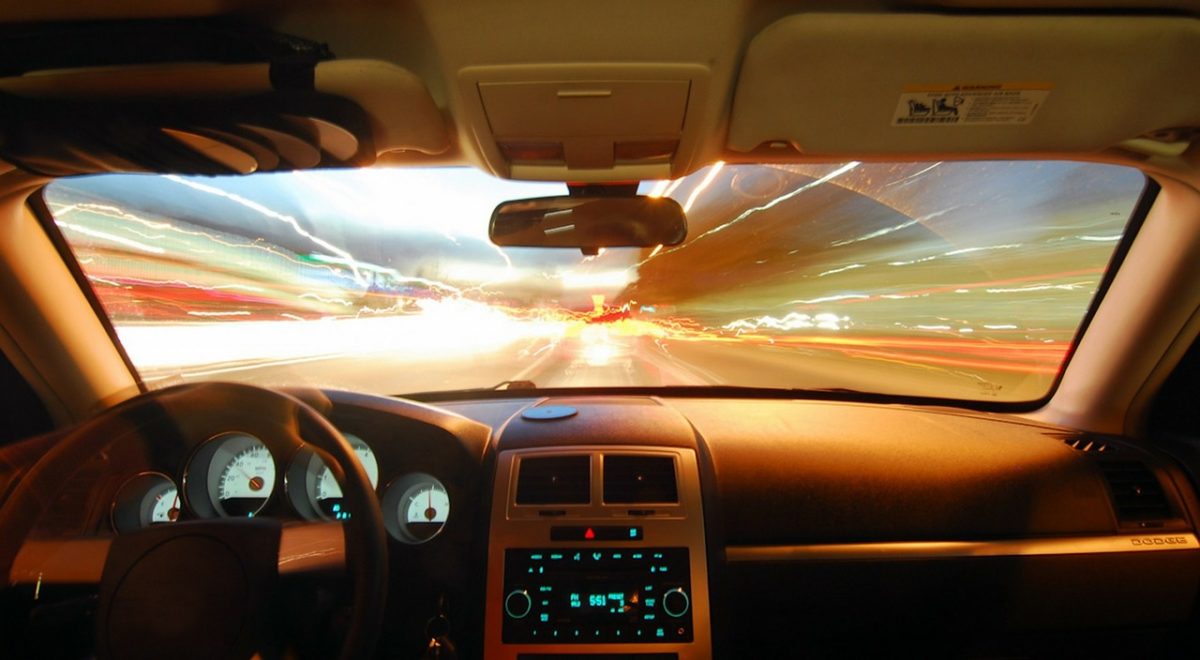It’s hard to come up with two forces more unequal in terms of speed than technology and legislation.
One, thrust forward by restless innovators and the pressures of open markets, works at break-neck pace to redefine our reality. The other, tasked with procuring the well-being of all citizens, is built to have stop-gaps and counterweights. One measures its speed in nanoseconds, the other in years or presidential eras.
That’s why technology so often reaches consumers, the streets or the shelves way before legislation has had a chance to catch up. It happened with ridesharing: Now a ubiquitous tech platform you used just last week, for a while there it was illegal and cracked down as such in many states — Pennsylvania included.
To be fair, it’s tough to write regulations around a field that can evolve drastically in a matter of months. To give you an idea of how complex legislating around technology can be, consider autonomous vehicles. Here’s a piece of technology that would likely need to decide — in a fraction of a second — between mowing down a group of bystanders or slamming into a concrete wall in the event of an accident. (One self-driving vehicle in Tempe, Arizona, appeared to have not detected a pedestrian wheeling her bicycle on the street in front of it in March 2018. The cyclist was struck and killed.)
What does that decision-making process look like from the legal side? Do you make auto makers program cars to save its riders at the expense of bystanders? Or to avoid harming others by putting passengers at risk?
According to Brian Berkey, an ethics professor at the University of Pennsylvania’s Wharton School, this type of scenario makes it clear that laws would be wise to catch up with technology.
“There good reason for lawmakers to plan ahead and get a set of regulations in place that will provide the framework for these technologies,” Berkey said. “And in cases like these, ensure that tech is developed in ways that will promote the values we care about.”
In the case of autonomous vehicles, and other technologies with the potential of transforming society, what does the letter of the law say? Here’s a quick rundown:
Autonomous vehicles
The state of legislation around autonomous vehicles varies wildly by state, according to a bill tracker by the National Conference of State Legislatures.
Here in Pennsylvania, a handful of bills — though mostly related to vehicle testing — have passed the House. As early as 2017, a self-driving car startup called Aurora, with offices in Pittsburgh and California, was the first to get the OK to trial its technology in the streets of Pittsburgh.
The state also has an Autonomous Vehicle Policy Task Force, convened in 2016 with the goal of developing guidance that PennDOT will use when drafting autonomous vehicle policy.
“The easiest way to ensure companies will only build harm-minimizing technology is for it to be a legal requirement,” Berkey offered. “There are benefits of a law being in place ahead of times. I’m skeptic, but it would make the ethically-more-preferable endpoint much easier.”
In Philly, though, the only activity in the realm of self-driving cars seems to be a monthly meetup group.
Medical cannabis
On April 17, 2016, the state of Pennsylvania joined the majority of the country in launching its own statewide medical cannabis program. Thanks to Senate Bill 3, people with 17 qualifying medical conditions as well as terminal illness patients are able to manage their care in this way.
Center City saw its very first medical cannabis dispensary open its doors in January, and dozens of institutions have applied for special permits to perform cannabis research.
And what of recreational use, which has landed millions behind bars — the majority of them Black by a 4:1 ratio? Philadelphia decriminalized it in 2014, and there’s a resolution in the State House currently considering the legalization of cannabis for recreational use.
Cashless stores
Philadelphia City Council said it loud and clear earlier this year: Philly stores that opt for electronic payment methods can’t refuse to accept cash starting July 1, lest they face fines of up to $2,000.
The law does provides an out for certain types of businesses, like parking garages or membership-based establishments, which could exclude Amazon’s cashierless Go stores from the penalty.
The piece of legislation, introduced by by Councilman Bill Greenle and María Quiñonez-Sánchez, was approved by City Council on Feb. 5, and sought to prevent the city’s underbanked population from being excluded from certain local stores.
E-bikes
Walk across pretty much any sidewalk in the downtown areas of cities like Washington and San Francisco and you will come across dormant e-scooters and e-bikes that can be activated at the tap of a screen.
Haven’t seen any in Philly, have you? Well, that’s because e-scooters are so new that they are not defined in the state transportation laws. H.B. 631, introduced in February, proposes adding “electric low-speed scooters” to the “special vehicles and pedestrians” provision of the state’s vehicle laws. The bill was referred to the transportation committee.
Body cameras
In 2017, Philly struck a $12.5 million deal with Taser manufacturer Axon to outfit 4,000 Philadelphia patrol officers with body cameras, but the rollout of the accountability tools has been gradual: Just three of 21 precincts have been outfitted with the equipment.y
According to a review performed by D.C.-based think tank Upturn at the time of the initial roll out, Philly had some work to do in improving the set of policies ruling body camera usage by officers.
“What we see here in Philly is that the cameras are tools for keeping officers accountable,” Harlan Yu, head at Upturn, said in 2017. “But the cameras won’t match those promises unless there are proper safeties in place.”







